Fallout: Season 1 – Review
Season 1 of “Fallout” continues the trend of good video game adaptations we’ve seen recently, with this trying to balance the seriousness of a nuclear apocalypse with the comedy Obsidian Entertainment gave “Fallout: New Vegas.”
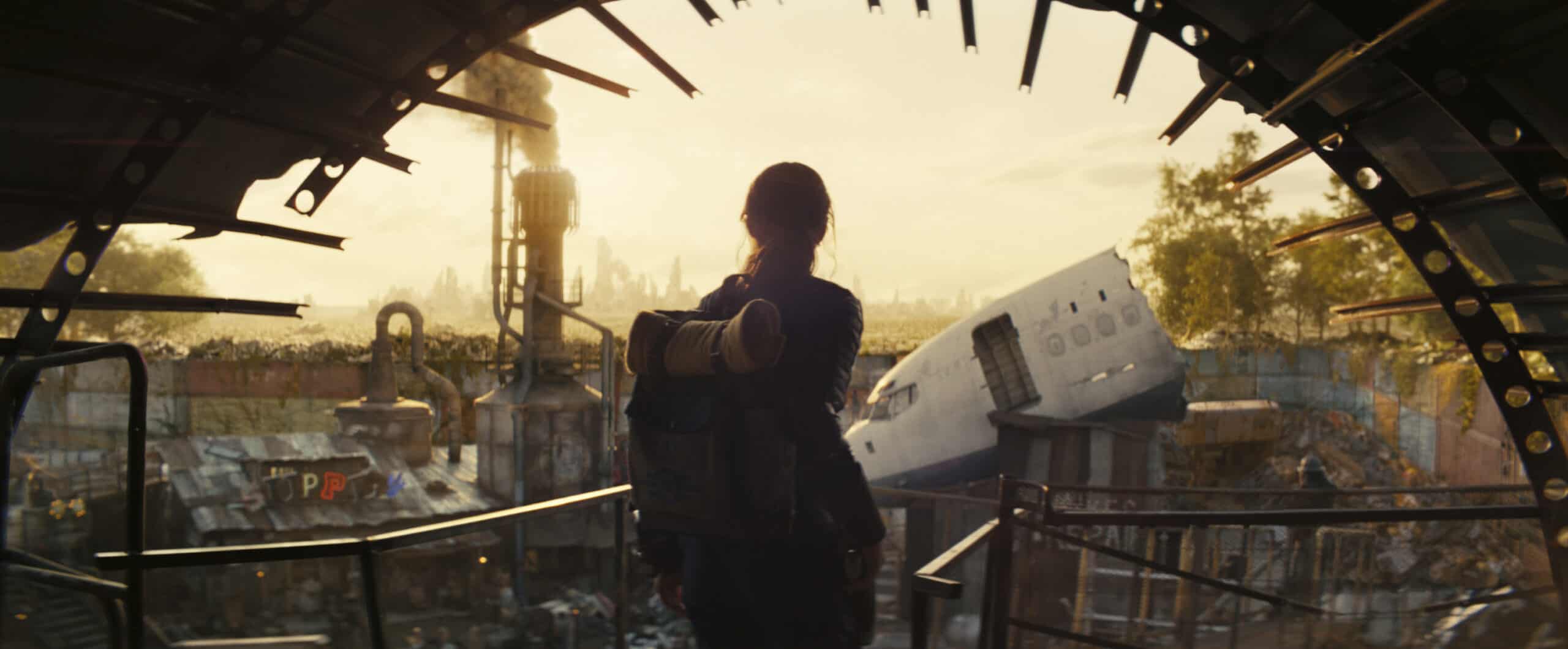
Spoiler Alert: This summary and review contains spoilers.
Additionally, some images and text may include affiliate links, meaning we may earn a commission or receive products if you make a purchase.
Background Information
| Network | Prime Video |
| Genre(s) | Action, Adventure, Comedy, Crime, Drama, Mystery, Romance, Sci-Fi, Young Adult, LGBT+ |
| Series Page | Fallout |
| Character Guide | Fallout Cast and Character Guide |
| Status | Renewed for Season 2 |
Content Information
- Dialog: Cursing
- Violence: Gun Violence, Violence Against Animals, Dismemberment, Blood, Cannibalism, Torture, Notable Fight Scenes
- Sexual Content: Nudity
- Miscellaneous: Depiction of Corpses, Body Horror, Drinking, Drug Use, Vomiting, Smoking
Characters and Cast
| Character’s Name | Actor’s Name |
| Lucy | Ella Purnell |
| Maximus | Aaron Moten |
| Cooper | Walton Goggins |
| Dr. Wilzig | Michael Emerson |
| Moldaver | Sarita Choudhury |
| Norman | Moises Arias |
| Hank | Kyle MacLachlan |
Plot Summary
The first season of “Fallout” focuses on three characters: Lucy, a young woman from Vault 33 who finds herself having to venture through the Wasteland; Maximus, a young man raised within the Brotherhood of Steel, trying to prove himself and work his way to getting his own power armor; and Cooper, a ghoul who survived the bombs dropping and for over 200 years, has wandered what formerly was California in search for a few essential answers.
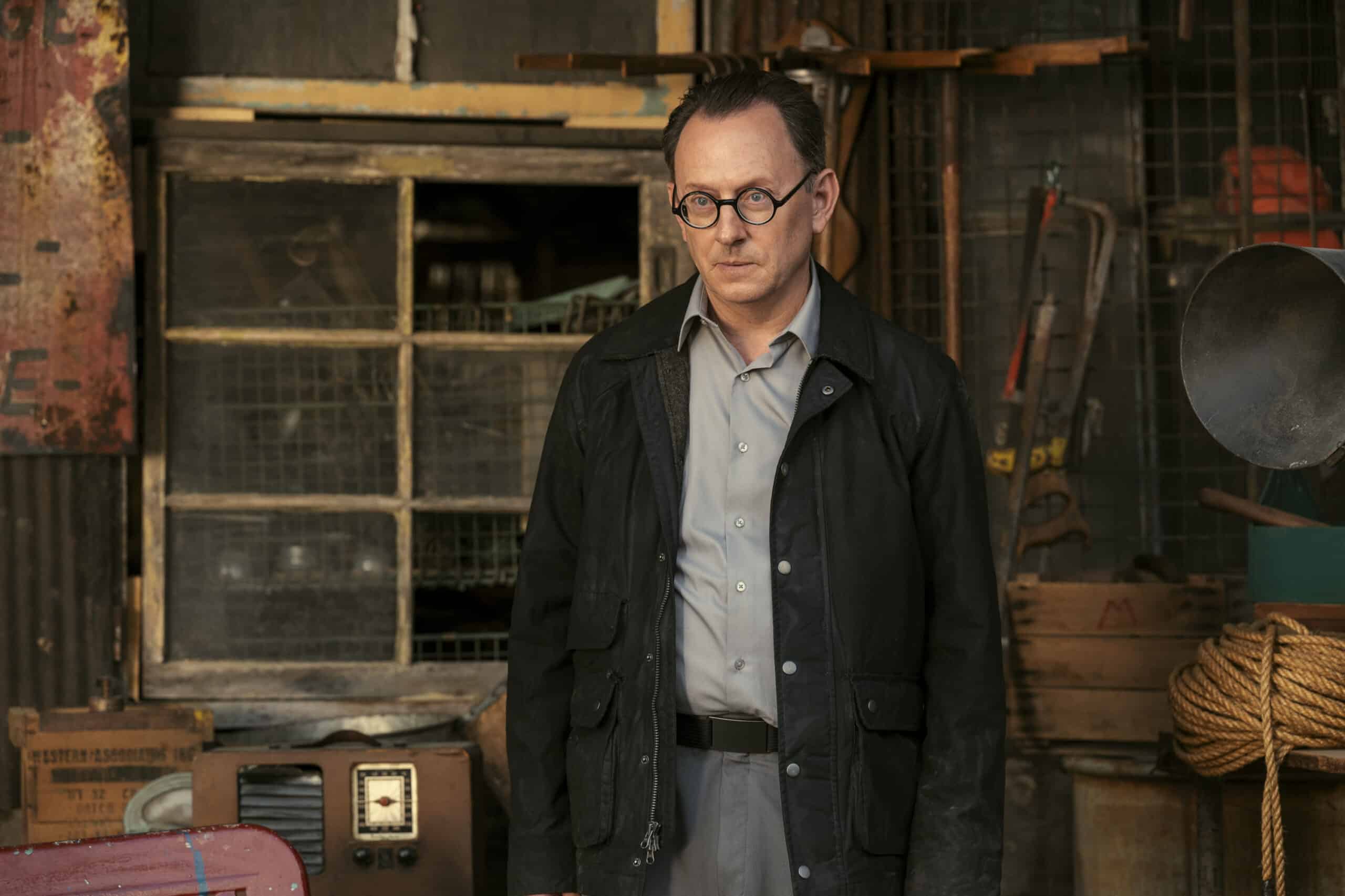
Together and apart, they find themselves converging to secure a man named Dr. Wilzig, a member of the Enclave, who is trying to get to a woman named Moldaver. Now, why is Dr. Wilzig so special? It’s because he stole a notable technology that could alter the world.
So, Lucy wants him as a bargaining chip; Cooper wants to use him to get some answers, and Maximus? With the Brotherhood harboring any old-world technology they can get their hands on, he sees Dr. Wilzig as the key to him becoming a Knight and the type of glory that he has longed for.
Other Noteworthy Information
- When it comes to connecting to the video game, it is mainly in locations and organizations rather than characters you might be familiar with.
Review
Our Rating: Positive (Watch This)
Good If You Like
- Video game adaptations that are faithful to the source material
- Violent shows that also are a bit comical
- Underdog stories
- Stories set in a post-apocalyptic world
Similar To This
- The Last Of Us: Another video game adaptation that is quite good but far more serious
Check out our TV series page for our latest recaps, reviews, and recommendations.
Episodes To Anticipate
- Episode 2: Cooper’s shootout in Filly
- Episode 4: When Lucy officially begins adapting to the Wasteland
- Episode 8: Most secrets are revealed
Notable Performances, Moments, or Episodes
It Makes You Feel Like You’re Watching Someone Play A Video Game Without Making Frustrating Choices
“Fallout” presents three characters that feel like they could be characters built for you to play. Do you want to play the naïve vault dweller who has never been on the surface and has to venture out to regain normalcy in their life and vault? What about a ghoul, fresh from the grave, trying to avoid going feral and find something that has been on his mind for over 200 years? How about, rather than infiltrate the Brotherhood of Steel, you be someone already part of it who just got the opportunity to be a squire?
Each storyline for “Fallout” feels like something players would be given a choice to play, and by watching each storyline play out, you get a sense of adventure as places are explored and even for lesser characters like Lucy’s brother Norman, who explores the mysteries of his vault, no one fails to gain your interest. Again, they all make you wish you weren’t just watching actors but controlling the characters and seeing what you could find in the Wasteland.
Highlights
Characters You Think Would Be Low Points, Never Become Liabilities
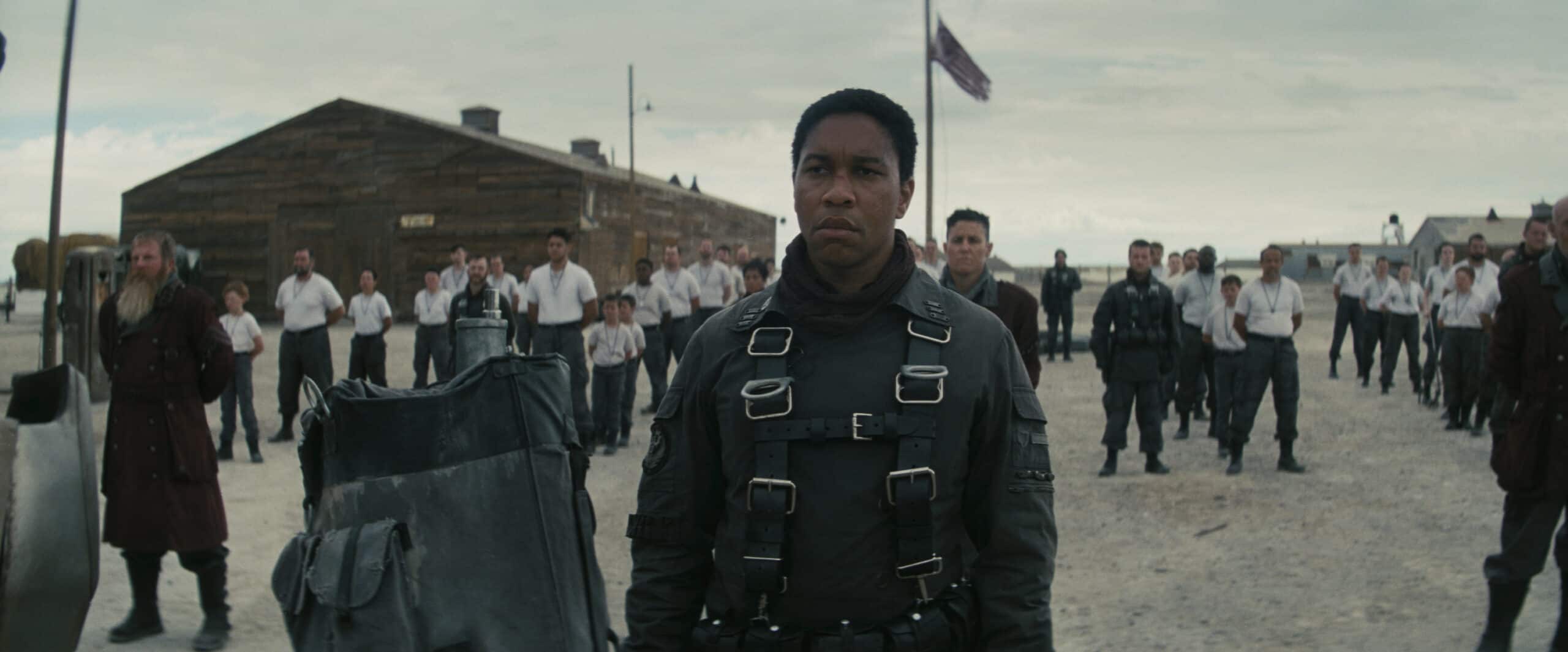
Honestly, Norman and Maximus seemed like they could become liabilities. Norman was painted as a character who lacked any interest in anything and was left behind at a vault where characters were either nice or passive-aggressive. Maximus, with coming off as conniving but not interesting enough to be a character you loved to hate, quickly seemed like the type who wouldn’t live up to his potential.
However, by the end of the season, “Fallout” showed that when you can’t sell the character, sell their story. Norman may have never been a character you care about, but you wanted to follow his journey and the mystery he was investigating within his vault. Then, with Maximus, largely thanks to Lucy, you begin to feel for the guy. He lost his family after a bomb was dropped, was bullied in the Brotherhood, and because of the culture of the Brotherhood, he felt isolated until Lucy.
So, watching him learn how to love, trust, be vulnerable, and develop into a hero becomes a notable journey. One that will find him tested in ways beyond surviving bullet wounds in season 2.
It’s Rewarding For Those Who Played The Games Without Alienating Those Who Didn’t
Whenever there is an adaptation, there is a need to ask if this is for source material fans, just exploiting a recognizable name, or an entry point to a much larger franchise? “Fallout” fits in that perfect space where it name-drops places and organizations fans will know and gives enough lore for those unfamiliar with the games to catch on.
I’d even say the more you watch and learn, the more it triggers fans who played the games to want to go back for with the series being canon; it makes you wonder what plots from the many text-only stories found on computers the show may flesh out? Whether it is the crazy vault experiments, the rise of certain abominations, or even characters from the games showing up or their factions.
Then, for those who haven’t played the games, or all of the games, like many adaptations, it teases you to the point of wanting to engage with the source material so you can have fleshed-out knowledge about why this is that way or how that came to be.
Characters Are Likable Without Feeling Pandering Or Formulaic
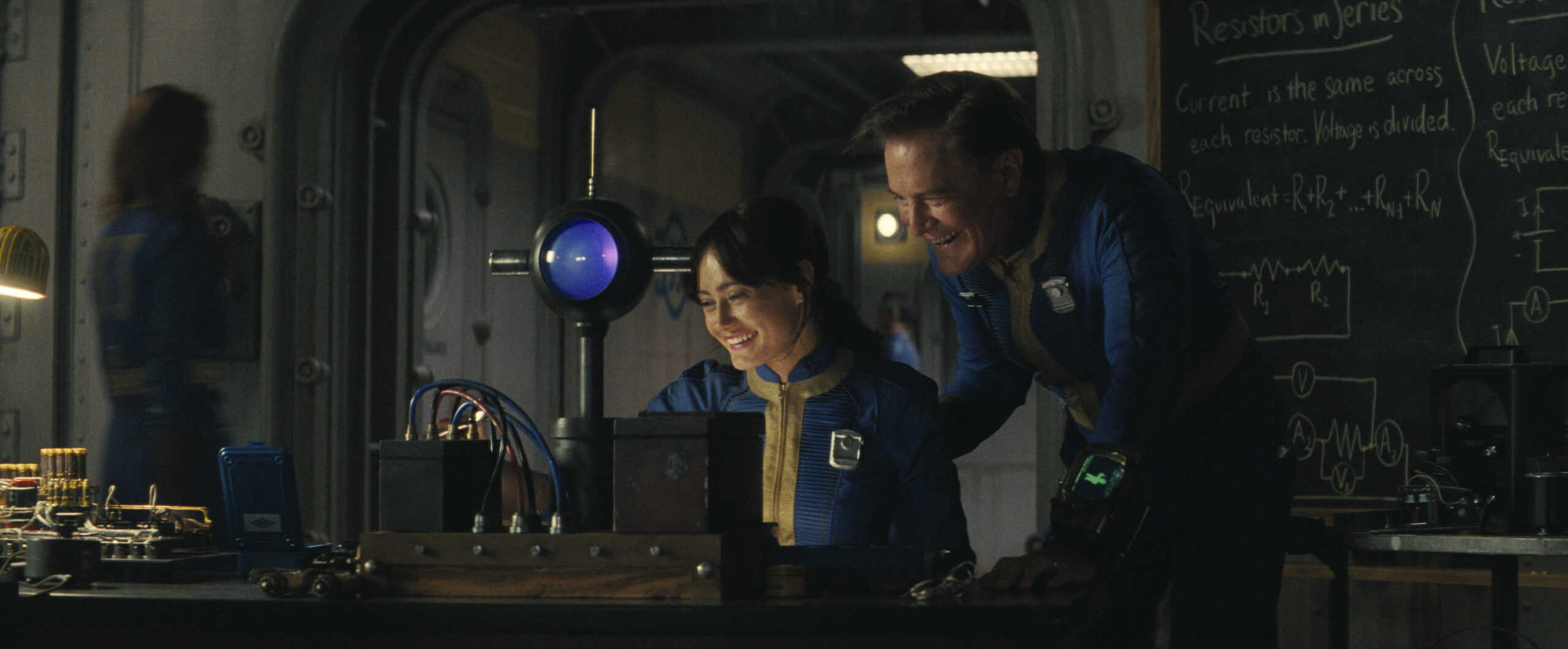
In “Fallout,” there aren’t any absolute villains. Almost everyone is treated as an anti-hero, for they are doing what is best for them or their people. This could come off as a cop-out for a lot of shows because now you have to make people like Cooper, who will murder indiscriminately, are cool and badass, or someone you love to hate, which requires a careful balance. Yet, despite making everyone from naïve Lucy, fish out of water Maximus, and former marine Cooper likable, they are pushed to be human in ways that keep them from ever feeling like tropes.
Maximus has ambitions that push you to think he is capable of harming a member of the Brotherhood to get ahead. As she is forced to adapt to the post-nuclear apocalypse wasteland, Lucy goes on a journey, similar to Maximus, where it’s not just about learning new abilities but mental and emotional growth and challenges. All of which may play down moral dilemmas, which may annoy some, but it only furthers the idea that you got stories that either a fan of the “Fallout” franchise or a former writer had that weren’t chosen, got repackaged and successfully pitched. All with the idea of tapping into how “Fallout” doesn’t operate much under the concept of good or bad people, just folks whose range of what they’d do to survive differs.
On The Fence
It Leaves So Much For Season 2 To Pick Up On
One of the most frustrating things about the first season of “Fallout” is that, while not billed as a mystery, it operates like one by always setting up a bigger question every time you get an answer, and when it comes to character development, leaving you on a need to know basis when it comes to some characters. For example, Moldaver is someone you get bits and pieces about but not the full story, which can be frustrating considering all she has done in her lifetime.
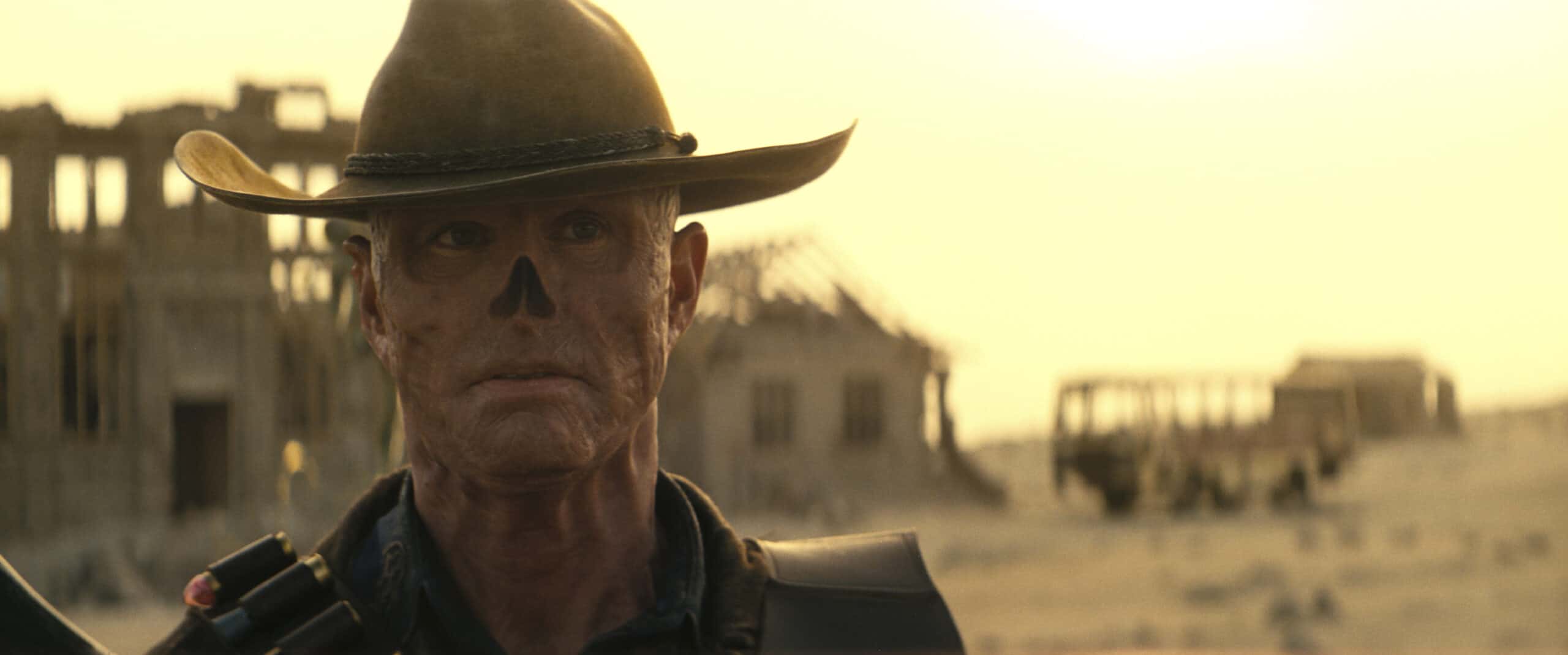
Then with Cooper, while you may love how the show goes back to times before the bomb and then to the present day, because you don’t get his complete arc from movie star to fall from grace to the bombs dropping, you are left in this place of not knowing if season 2 will complete his story, or if you got all that will be given.
And mind you, certain stories introduced, you know, will continue. Still, regarding character development, “Fallout” sometimes leaves too much room for interpretation despite the audience having nothing canon available to fill in the blanks.
What I Hope To See Next
- I truly hope we’ll get additional flashbacks to bridge the gap between when the bombs dropped to when the first season ended.
- With the mention of Super Mutants, I have my fingers crossed they’ll appear in season 2 and be as vicious or weird as they are in the games.
- Hopefully, we’ll see familiar characters or places from the games fleshed out alongside seeing more of the Enclave.
- More history and lore, as it was a bit surprising how the first season laid a decent foundation regarding the use of bombs that caused the Wasteland but didn’t expand on the Brotherhood of Steel much.
- Considering we’re told there are at least 100 vaults, I hope season 2 covers more out there in the southwest.
- With nearly every “Fallout” taking place on the coast, it would be cool to see a post-nuclear apocalyptic Chicago, New Orleans, Dallas, or even leave the United States, showing us how the rest of the world was hit and recovered.
- This is unrelated, but I hope they make HD–modern remasters of the original game since they were released in the mid-late 90s.
How To Watch
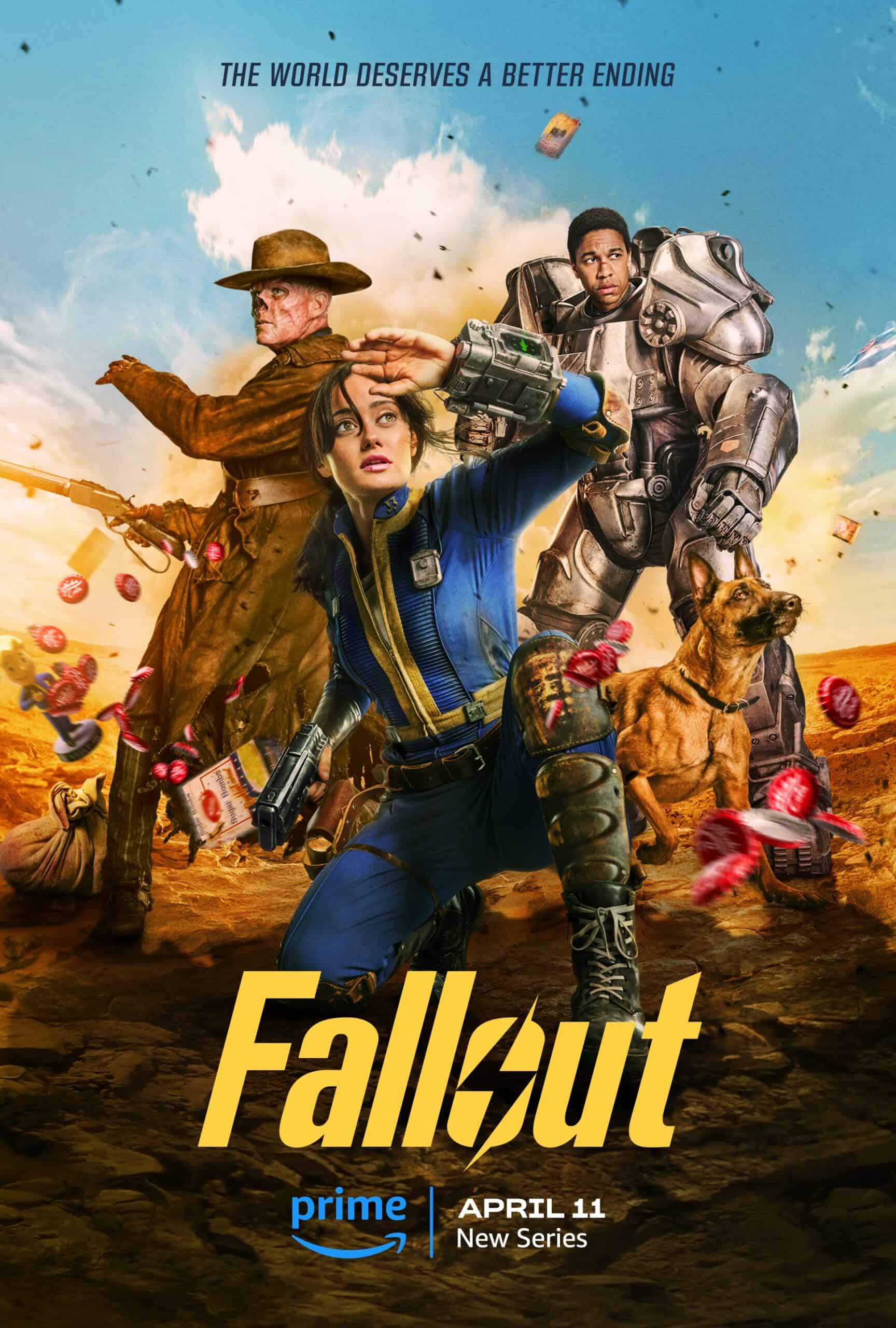
Watch Fallout Season 1 via Prime Video.


